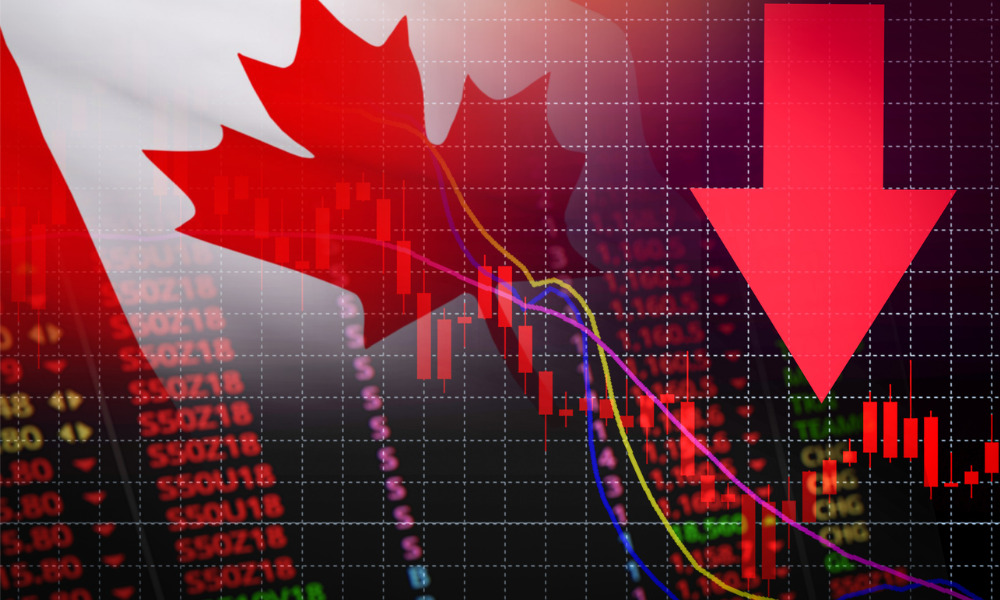Downturn should be mild and short-lived, according to Canadian accountancy firm

The likelihood of a Canadian recession is a matter of great debate, but accountancy firm RSM Canada believes it will happen.
In a newly published spring edition of its report The Real Canadian Economy, the firm says there is a 60% chance of recession in 2023 but that it won’t hit all part of the economy evenly.
The report forecasts that 40% of the economy may avoid a recession altogether due to factors including labour market fluctuations. But even for the majority of the economy, any recession would be mild and short-lived.
This is especially true when considered alongside the reasons for recession seen during the pandemic, or during the Great Financial Crisis.
"After months of steep interest rate increases, we're now starting to see the impact of those decisions in Canada's real economy, with a brief recession on the horizon for later this year," said Tuan Nguyen, economist for RSM. "But despite this downturn, we still expect a good portion of the Canadian economy to avoid a recession altogether, thanks in large part to the pockets of growth across multiples industries. The deciding factor will be the labour market - depending on how that performs, it could either sink or lift Canada's economy almost single-handedly."
Rates up or down?
However, for the Bank of Canada there is an issue that will cause it bigger headaches than in 2008 – inflation. While slashing interest rates is an often-used lever to offset the impact of recession, the central bank will not be able to do so while inflation is still elevated.
While the BoC has not ruled out further rate hikes, the markets – and RSM – believe that a cut will be required by the end of 2023 in reaction to recession, or expectation that inflation will be tamed by a rebalancing of supply and demand.
RSM says that the Bank of Canada's target inflation range of under three per cent “will remain elusive because of a resilient labour market that continues to drive up wages at a robust four per cent to 5% annual rate.”
Investment and borrowing
RSM’s report also makes some predictions about investment and borrowing.
The cost of capital and operating expenses due to higher domestic and international interest rates will impact investment with Canadian gross fixed investment projected to decline by 2.7% this year. Real GDP is expected to grow by less than 1%.
The restrictive nature of consumer and commercial lending is unlikely to change while there is risk of the BoC hiking rates further.
Read more: BoC forced into hiking rates
"Lending conditions for Canadian businesses and consumers remain restrictive, despite the period of calm we're seeing in the markets,” said Joe Brusuelas, RSM’s chief economist. “This reflects the uncertainty among trading partners over a slowing economy and elevated inflation, as well as the geopolitical tensions that continue to have an impact."



